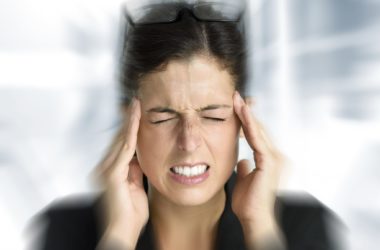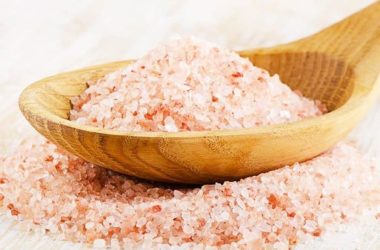According to health authorities, about 30 million adults in the Unites States are diagnosed with chronic kidney disease or CKD. They confirm that millions more are at risk of suffering from it.
If you like to get to know CKD more, just keep on reading. Below you will come across some of the most important matters that you need to know about it, such as its causes, symptoms and treatment. Some of your family and friends may be at risk of having CKD one day, so make sure that you repost this article after checking it out.
Before we begin, it’s important to note that none of the things stated below should be mistaken for medical advice. If you have pressing questions about CKD, pay your health care provider a visit.
Causes
Your kidneys carry out a variety of tasks that are important for the attainment and maintenance of optimum health, and they include regulation of the blood pressure and removal of impurities in the bloodstream. CKD is due to various health conditions that can cause damage to the kidneys.
There’s the word “chronic” in the name of CKD, and it only means that the problem can be long term and the damage to the kidneys tend to worsen with the passing of time, especially if the causative factors are not put under control. If the damage to the kidneys get so bad, it’s not unlikely for those pair of bean-shaped organs to stop working. Such is what’s referred to by the experts as end-stage renal disease or ESRD. Everyone else refers to it as kidney failure.
Anyone can develop or suffer from CKD. However, the presence of the following medical conditions can considerably increase your risk of having it one day:
-Being over 60 years of age
-Having a family member who is diagnosed with CKD — it runs in families
-High blood pressure or hypertension
-Heart disease
-Diabetes
Signs and Symptoms
You may already have CKD and not know about it. That’s because doctors say that it usually doesn’t produce any symptom during its early stages. Usually, you will start complaining about issues that can be associated with CKD only after it has considerably progressed and your kidneys are already badly damaged.
Unfortunately, it’s best to treat CKD at the outset in order to have its progression or worsening reduced significantly. Alas, CKD is usually diagnosed when it’s already in a more advanced stage.
If your kidneys are no longer functioning optimally as a result of CKD, the following may be observed:
-Skin itching
-Nausea and vomiting
-Loss of appetite
-Shortness of breath
-Insomnia
-Muscle cramps
-Swelling of the ankles and feet
-Too little or too much pee
Treatment
Unfortunately, health authorities say that the kidneys are incapable of healing themselves. So in other words, damage to the kidneys is permanent. However, it’s important to note that it is very much possible to slow down the progression of CKD and keep the kidneys from being damaged to the point that they are no longer working.
There are medications a doctor may prescribe that can help in protecting the kidneys. Other things that are usually recommended for those with CKD include:
-Maintaining a healthy blood pressure
-Going on a diet that’s low in sodium and fat
-Controlling blood sugar if diabetes is present
-Quitting cigarette smoking
-Drinking alcohol in moderation
-Getting rid of excess pounds or maintaining an ideal weight
If the kidneys fail to work due to CKD whose progression is not effectively controlled, then the individual may have to undergo regular dialysis or even kidney transplant in order for him or her to keep on living.













